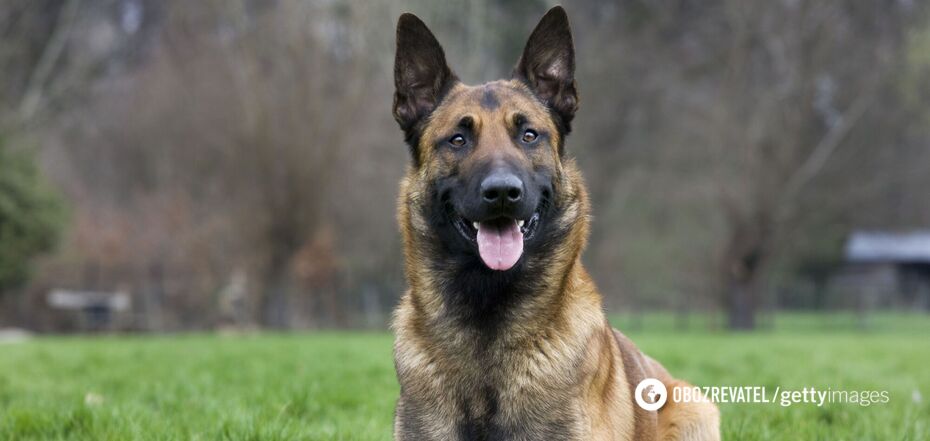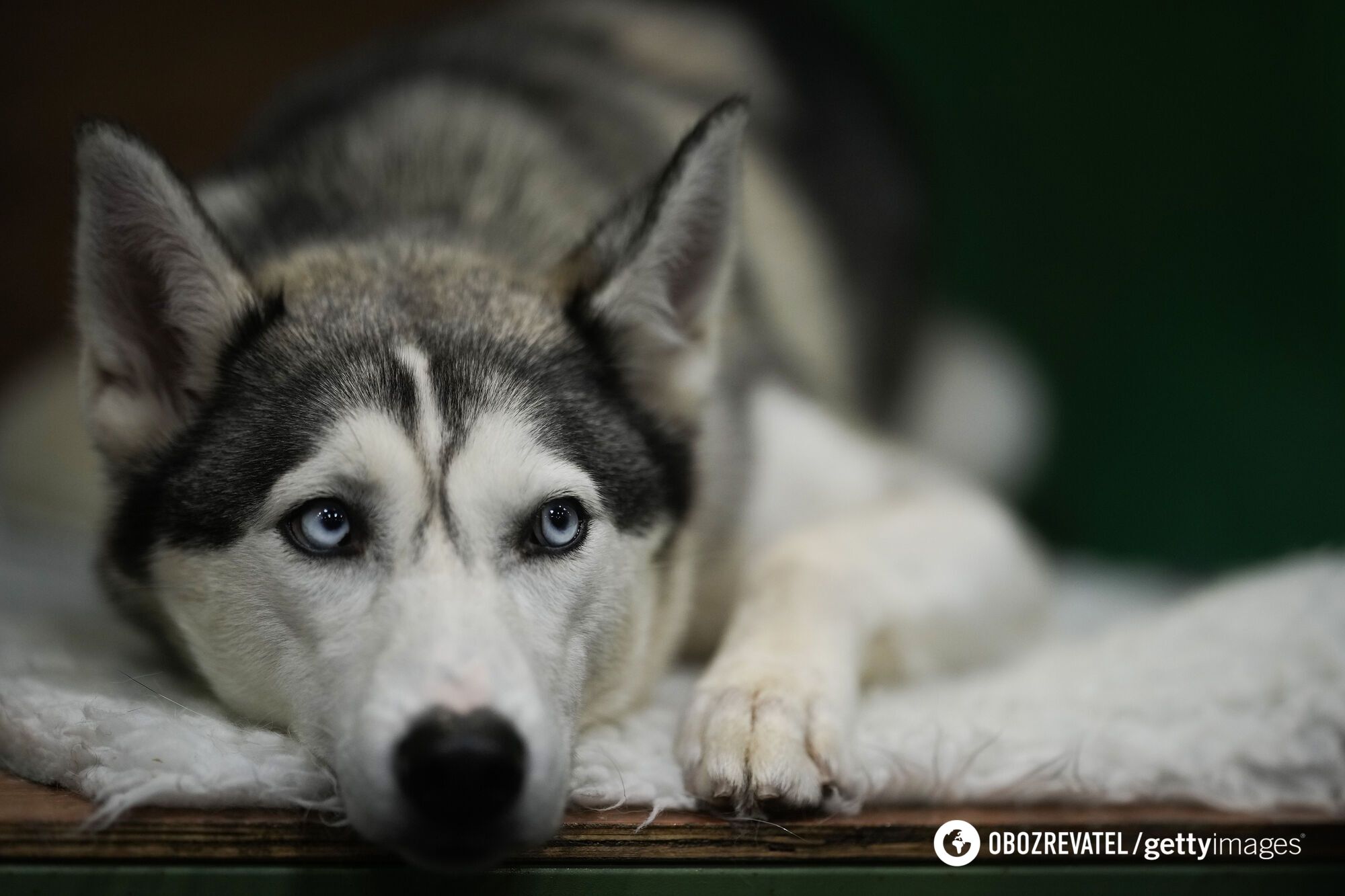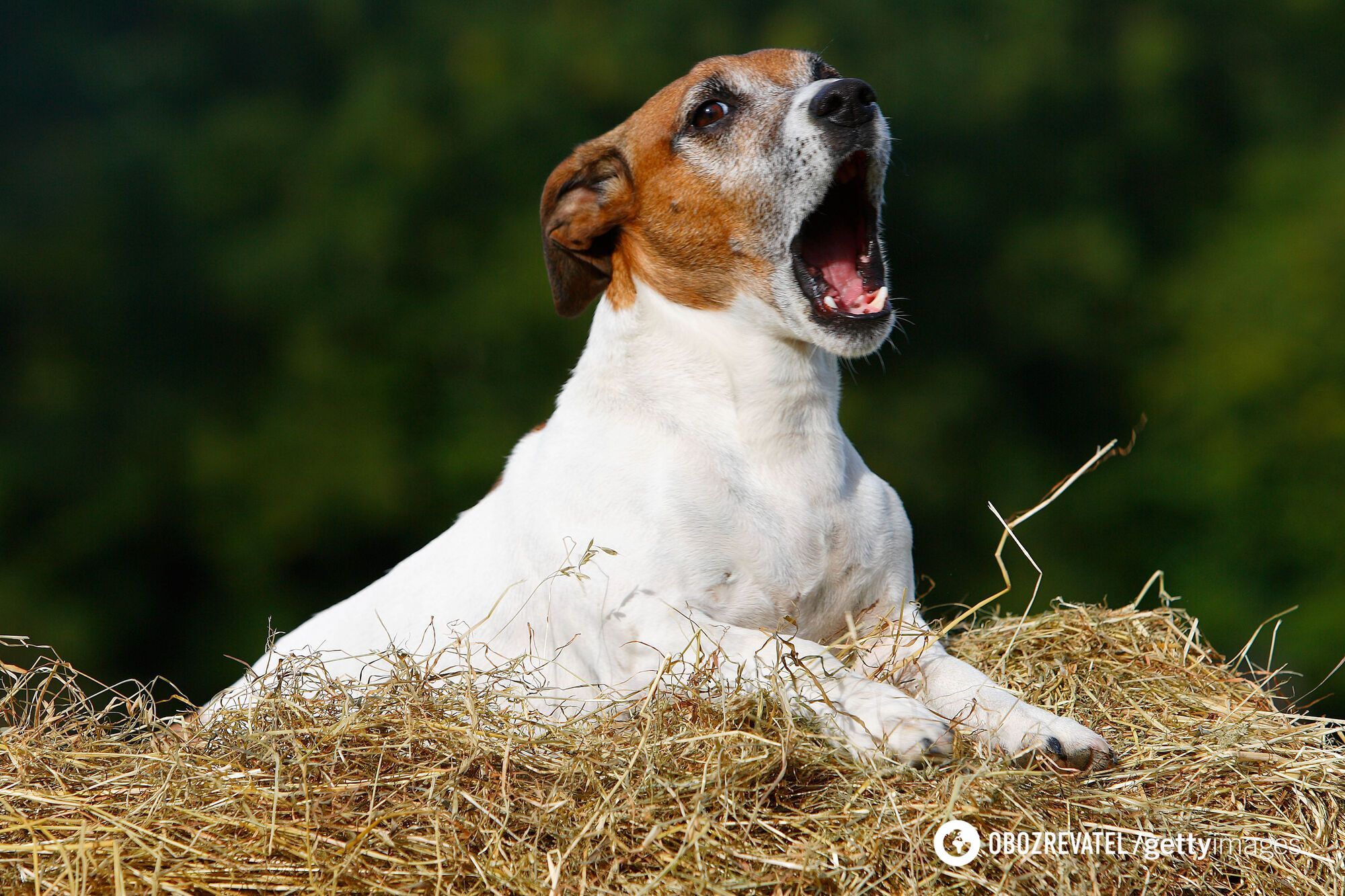News
Size matters: scientists have named the smartest dog breeds
Researchers from the University of Montpellier (France) analyzed the brains of more than 170 dog breeds. They compared brain size with body size to determine whether it matters for the mental abilities of pets.
The scientists found that breeds with smaller brains respond better to training and have good short-term memory, two traits that make dogs intelligent. Meanwhile, breeds with larger brains scored higher on fear, aggression, attention-seeking behavior, and separation anxiety – traits associated with dimwittedness, MailOnline writes.
So, if you have a large dog, such as a retriever, Rottweiler, or Siberian Husky, they are likely to have smaller brains but higher mental capacity. But if you have a small dog that you can fit in a bag, it will probably have a larger brain but less mental power.
While the new findings may seem contradictory, scientists explain that over-breeding by humans has distorted the natural layout of dogs' brains.
"Dogs exhibit a variety of personalities, functions, and cognitive abilities that may surpass those of non-human primates. Our findings show that complex skills and cooperative behavior – a sign of social cognition – do not predict an increase in brain size in dogs," the researchers say in a report published in Biology Letters led by Ana Balcarcel, a biologist and paleontologist at the University of Montpellier.
During the study, the researchers collected data for "relative intracranial volume" (REV), which is simply the size of the brain relative to the total body size. As the experts explain, REV increases with fear and aggression, attention seeking, and separation anxiety, and decreases with training.
According to the researchers, it is possible that the brains of larger dogs, which are often used for work (in the police, for example), have been reorganized into a more compact space, leading to improved cognition.
As a rule, in the animal world, a large brain is considered a sign of more advanced cognitive abilities. However, the results show that dogs seem to break this rule.
"This hypothesis is at odds with domesticated populations, which, despite having smaller brains compared to their wild counterparts, can show improved cognitive abilities," the scientists say.
Dogs are an exception in this regard, probably because they have been intensively bred by humans for centuries, drastically distorting their physical qualities.
In general, domestic dogs' brains are on average 20 percent smaller than those of their closest wild relative, the gray wolf (Canis lupus). Whether it's searching for food, avoiding predators, or finding mates, domestic dogs have fewer cognitive demands than wild dogs. According to the theory, because of this reduced need for brain energy, the brains of domestic dogs have gradually shrunk.
Only verified information is available on our Telegram channel OBOZ.UA and Viber. Do not fall for fakes!





























